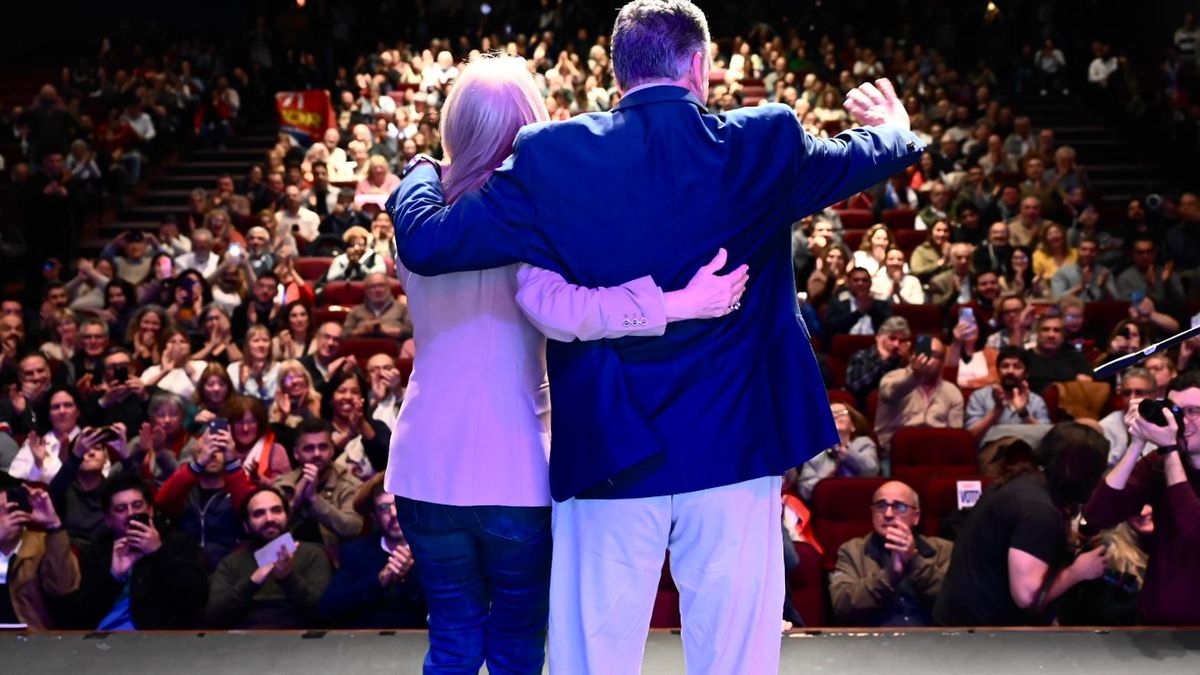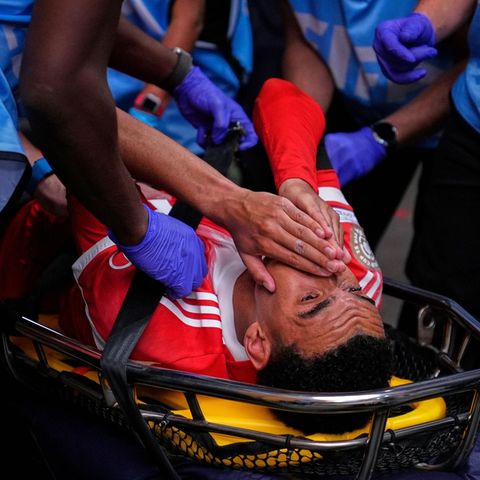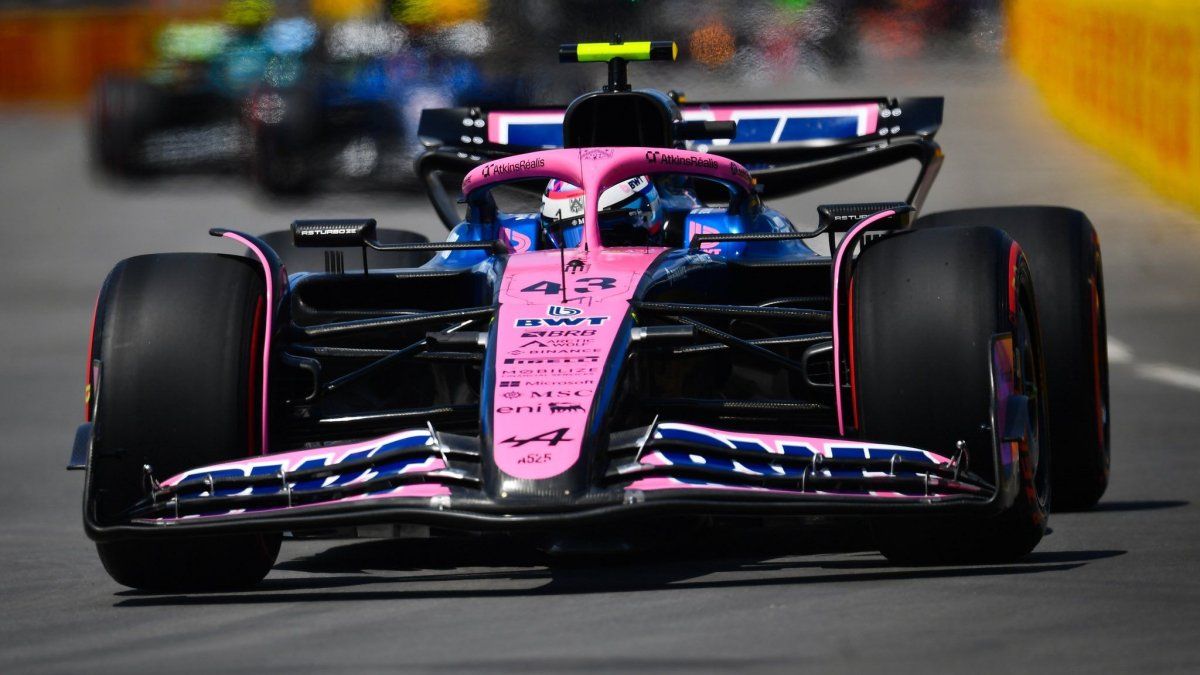Political scientists Daniel Bouquetfrom the Department of Political Science at Udelar; Rosario Queirolo from the Catholic University and the directors of the polling companies Factum, Eduardo Botinelliand Consulting Teams, Ignacio Zuasnabaranalyzed the result of the internal elections of June 30 and the prospects for the national elections in October called by the Uruguayan Association of Political Science (Aucip). They agreed that, taking into account the openness and complexity of predicting the election result, the context has quite different elements from the previous one. presidential election.
“In Uruguay “There are still parties alive.” Zuasnabar’s triggering phrase sparked the debate where, in the end, more agreements than disagreements emerged. “The internal election It developed under what we can call a centripetal climatewhich moves towards the centre. Finally, those we can qualify as moderates won, during almost the entire internal election it was analysed that it was a cold internal election, that people had a hard time getting involved, at some point it was thought that there was going to be a collapse, a much greater decline in the levels of stake“, added the representative of Teams.
“If we compare with 2019, the Uruguayan electorate was tense, in a situation of disagreement in terms of the electoral process, with great dissatisfaction regarding the state of things and the government of the Broad Frontbut at the same time when he looked at the opposition’s alternative he found enormous doubts,” Zuasnabar reflected. He added that “that made new things emerge in that election. We have Town meetinga party that in its first election received 11% of the population’s votes, we had candidates like Juan Sartori inside of the National Party and ends the election with a Parliament “We have seven parties represented, which is unprecedented. Now it is a totally different process. The political mood is one of reasonable satisfaction with the state of things and with the government in power, but where at the same time the alternative does not generate any kind of uncertainty. People have no fear or uncertainty that the opposition will win,” he emphasized.
Regarding the post-election scenario, Zuasnabar considered that it will be very different from 2019. “It will include a dose of relevant changes, due to the enormous renewal that we are having in terms of political leadership. This context of relative calm allows these processes of leadership renewal in all parties to proceed with much greater tranquility, but these processes are indeed underway,” he concluded.
WhatsApp Image 2024-08-07 at 10.24.28 PM.jpeg
For his part, Factum director Oscar Botinelli brought up the debate on the issues that are currently the main concerns of the electorate. “They are very focused on security, child povertywhich began to appear after several years of absence. Now all parties have that on the agenda, but public safety is being an important factor in terms of the change compared to 2019.
In the previous campaign, one of the coalition’s strong points was ‘we came to solve the problem of public safety’. Today, the big issue that emerges is that we continue with the same problem, poorly evaluated in the current government, poorly evaluated in the previous one,” he emphasized.
“I think there will be a strong issue that could decide the final point that could decide the election,” Botinelli concluded.
The Pedro Bordaberry factor
Answering a question from the audience, Daniel Buquet reflected on the impact that it could have on the internal affairs of the Colorado Party (PC) the return to active political life of the former senator and former minister Pedro Bordaberry“He is the most important and active figure in the Colorado Party. At least until February of this year, the internal elections of the Colorado Party were won by Bordaberry and he was not a candidate. And at a time when there is a little push, we do not know how much, from the post-internal survey in favor of the Colorado Party, the re-emergence of a figure with these characteristics undoubtedly helps it,” said the political scientist from Udelar.
The “retailers” and their particular bet
While, Rosario Queiroloa professor in the Department of Political Science at the Catholic University of Uruguay (UCU), presented a research paper carried out by students of that degree on the so-called “retail groups” in politics, considering in this way the small groups that seek a basic presence to obtain a sufficient number of votes in the internal election to then position themselves better in the electoral offer of the national elections.
The political scientist defined these groups as a “ground wire“This allows parties to connect with society, since they are in permanent contact with the people and transmit to the parties and individual leaders the individual and collective problems that people face in their neighborhoods, workplaces or places of study.
Source: Ambito




